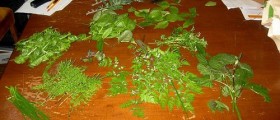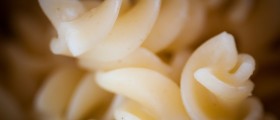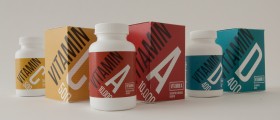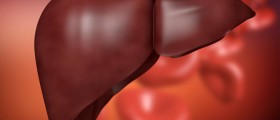
Acid-base imbalance
The imbalance between acid and base in the body occurs when the pH levels moves anywhere out from the normal range, which is very delicate and has a value of 7.35 to 7.45. When there is excess acid in the blood, the condition is known as acidemia. The excess base in the blood results in a condition known as alkalemia. In most of the cases, people who suffer from unbalanced pH are acidic. Over-acidity may be very dangerous and may weaken all of the body systems. There are some easy ways to measure if the pH of the body is within the optimum levels. One may do the test at home by using pH test strips. The pH strips measure urinary pH levels. If the measures fluctuate between 6.0 to 6.5 in the morning, and 6.5 and 7.0 in the evening, the body is functioning correctly. The saliva measurements between 6.5 and 7.5 are also considered normal.
Complications of acidosis
High acidity of the body may cause cardiovascular damage, weight gain, diabetes, problems with the kidney stones, immune deficiencies, acceleration of free radical damage and increased risk of cancerous changes, premature aging, hormonal fluctuations, weak bones, osteoporosis, joint pain, muscular fatigue, low energy, tiredness, slow digestion, lazy bowel, yeast and fungal infections, etc.
Restoring pH balance
The best way to restore the pH balance in the body is to eat and drink properly. One of the most frequent reasons for acidity is dehydration of the body. The entire body depends on pure water and more than 90 percent of our blood is made of water. Healthy diet should include more alkalizing foods than acidifying foods. These foods include vegetable juices, parsley, raw spinach, broccoli, celery, garlic, barley grass, herbal teas, lemon water, green tea, hazelnuts, almonds, etc.
A meal should never consist only of acidifying foods. Examples of acidifying foods are pickled vegetables, beef, pork, veal, shellfish, canned tuna & sardines, parmesan, processed cheese, peanuts, walnuts, black tea, coffee, beer, and artificial sweeteners.

















Your thoughts on this
Loading...